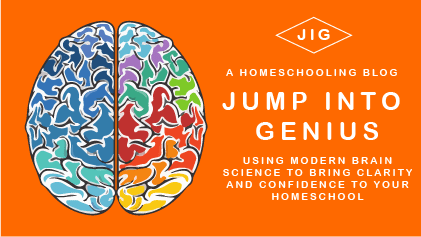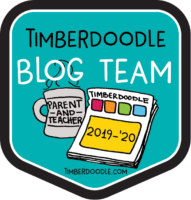Worried about being cooped up with bored kids for the next few weeks? Just get out a puzzle. It’s good for their brain. It’s good for your brain. You can find the science below, but first let talk about how to get a kid to do a puzzle.
How to get a kid to do a puzzle
Now when I say, get out a puzzle, I mean, just get out a puzzle and start working on it. Don’t ask your kids if they want to do a puzzle. Don’t wait for your kids to come to you whining about boredom. Just get out the puzzle and start working on it. Don’t worry, it’s not a waste of your time, it’s just as good for your brain as it is for theirs.
Even if you are busy working from home or cleaning the house, just go over on your breaks and take 5 or 10 minutes to work on the puzzle. Don’t say anything to the kids. You see, kids get curious about the things us grown-ups do. Even if they like pretending they are too cool for us… they will still copy us. It’s an unavoidable instinct.
It might be 10 minutes, or it could be two days, but at some point, the child will wonder over to the puzzle. Don’t freak out. Don’t get excited. Just keep working the puzzle. I like to call this reverse parent pressure. You ignore them until they unknowingly do exactly what you wanted them too. Works every time.
Three mistakes to avoid when encouraging kids to puzzle.
- Asking them if they want to. (The idea of a puzzle is not exciting, but the sight of an undone puzzle strewn across a table can be enticing.)
- Not doing a puzzle yourself. (Actions speak louder than words and all that.)
- Not trying. (If you say, “My kid just doesn’t like puzzles” and therefore never buy them, get them out, or work them yourself, then your kid actually doesn’t know if they like puzzles or not.)
- They put the puzzle in an out-of-the-way place. It needs to be in a well-trafficked and used part of the house. (Out of site, out of mind and all that.)
Why to get kids to do a puzzle
You may think you are just too busy to do a puzzle. You need an easier way to keep your kids busy, something that doesn’t require you to sit down and relax. Please keep in mind that all the reasons to do puzzles below apply to both your child and you.
Puzzles are good for your mental health
How is that possible? They have a beginning and an end. Your body sends out happy healthy little neurotransmitters that reward you with a sense of satisfaction for completing a puzzling task. Dopamine is crucial to mental health and is elevated when you are working on puzzles.
Puzzles also encourage a meditative state of mind. They can be very helpful for anyone wanting to practice more contemplation and mindfulness, especially if they struggle with more intense forms of meditation.
Puzzles exercise the brain
Creative & Analytical
Puzzles require our brain to use many different skills. We need to see the big picture, while also analyzing every detail. Using these different skills together is important for creating neural connections. We to be creative in how we tackle the puzzle, but also organized and methodical. (Puzzles use both the left and right side of the brain.)
Visual & Spatial
Puzzles also improve visual and spatial thinking skills. Were you every sure a puzzle piece was missing, only to find an hour later? In fact, you probably remember looking right at it at least ten times. But it didn’t look how you expected it to. So you missed it. This is the process of your visual and spatial system learning new skills. Puzzles are full of them.
Problem Solving
Of course, puzzles also increase problem solving skills, because, well, they are a problem and you solve them. They are also full of little problems that you solve by separating and organizing into manageable steps. Too many blue pieces? You save those for the end. No pattern to follow? You examine the shape of the piece you need? Can’t see half the pieces because they are upside down? You turn them over.
Solving a puzzle may not feel like rocket science, but you are actually giving your brain a great workout.
Get out a box, dump in on the table, and take a break when you are frustrated. Sooner or later, the kids will join you and the puzzle will be elevated to a family bonding activity, boredom buster, and brain builder.



One Response
[…] finished flat style challenge from the ZigZag Puzzler booklet. Just Get Out a Puzzle Get the ZigZag […]